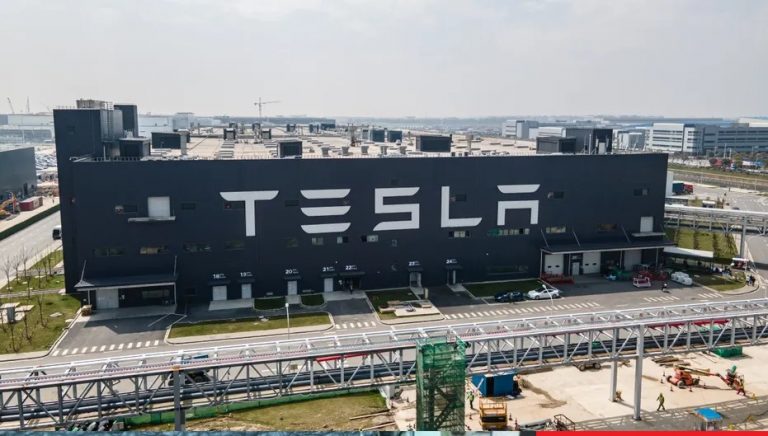
Tesla’s plans to scale production of its humanoid robot, Optimus, have run into geopolitical headwinds as China’s latest export controls on rare earth elements ripple through the global tech economy.
On Tuesday’s earnings call, CEO Elon Musk confirmed that Beijing’s restrictions on critical rare earth magnets have directly impacted production of the robots, forcing the company into a holding pattern while negotiating access to the materials.
“China wants some assurances that these aren’t used for military purposes, which obviously they’re not. They’re just going into a humanoid robot,” Musk told investors, downplaying the concern but acknowledging the company is working through sensitive discussions with Chinese authorities.
Register for Tekedia Mini-MBA edition 19 (Feb 9 – May 2, 2026).
Register for Tekedia AI in Business Masterclass.
Join Tekedia Capital Syndicate and co-invest in great global startups.
Register for Tekedia AI Lab.
The rare earth materials at the heart of this friction, particularly medium and heavy rare earths like dysprosium, terbium, and samarium, are essential for high-efficiency magnets used in Tesla’s robots and electric vehicles. Beijing’s new rules require exporters to obtain licenses and submit end-use declarations, a move widely seen as retaliation for U.S. President Donald Trump’s latest round of tariffs on Chinese goods.
But analysts say this is not just about tit-for-tat policy. China’s control over the global rare earth supply—estimated at over 70% of global output—gives it leverage that hits at the very core of U.S. technological advancement.
Tesla is already feeling the heat. Optimus, the humanoid robot Musk has declared foundational to Tesla’s future, is caught in the middle of the growing tension. Musk had announced that the company would produce about 5,000 units of the robot this year, with thousands expected to be deployed across Tesla’s EV factories. The machines, equipped with AI and built for labor-intensive tasks, are key to Tesla’s diversification strategy as its core EV business faces rising competition and a sagging stock price—down over 37% year-to-date.
“The future of the company is fundamentally based upon large scale autonomous cars and large scale, large volume and vast numbers of autonomous humanoid robots,” he said.
But now, Tesla is not only dealing with uncertainty over material access but also facing a potential timeline squeeze. While Musk tried to reassure investors that the company still intends to deliver thousands of units, industry observers warn that any extended delay in accessing critical components could derail deployment or reduce output.
Making matters more complicated, Tesla’s rivals in the humanoid robotics space, particularly China’s Unitree Robotics and AgiBot, are gearing up for mass production this year. Analysts suggest that the export restrictions could end up giving Chinese players an upper hand, not just in access to resources but also in time to market.
For China, the rare earth restrictions underline the idea that control over physical supply chains still trumps virtual dominance in a high-tech world. The U.S. may lead in software and innovation, but China holds the keys to the physical materials needed to build next-generation machines—humanoid or otherwise.
Trump’s administration is softening its tone on tariff negotiation with China, with President Donald Trump saying on Tuesday that the U.S. “is going to be very nice” to China.
“145% is very high, and it won’t be that high,” Trump said. “No, it won’t be anywhere near that high. It’ll come down substantially. But it won’t be zero ? used to be zero. We were just destroyed. China was taking us for a ride.”
Tesla, for its part, is already exploring material alternatives and redesigns to reduce its dependence on Chinese-sourced rare earths. But experts caution that diversification will take time—years in some cases—and will not solve the immediate shortfall.
Meanwhile, former Tesla board member Steve Westly emphasized the urgency of finding a new growth engine amid EV headwinds. He told CNBC that Tesla’s EV margins are shrinking, and the company needs this robotics bet to work. If they can’t get materials, that’s a massive setback, he said.



